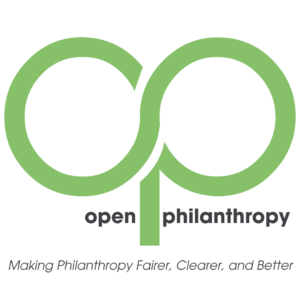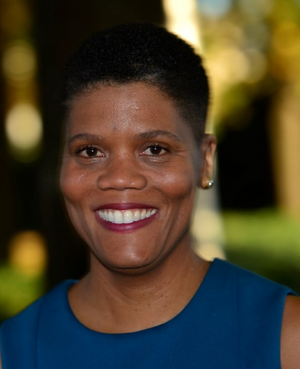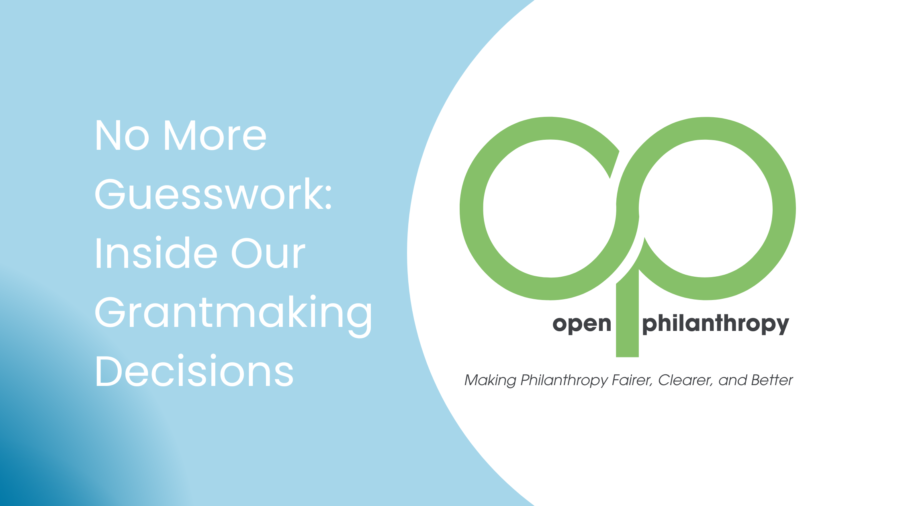No More Guesswork: Inside Our Grantmaking Decisions
By Rochelle Williams, Chief Strategy Officer
I work at a foundation, but in the past, I had a love/hate relationship with philanthropy. I had spent over two decades working in the nonprofit sector, and for most of those years fundraising was a major part of my job. The organizations I worked for relied on and deeply appreciated philanthropic support. But securing enough funding each year felt like running an obstacle course—with a blindfold on. Some days, the biggest challenge wasn’t tackling urgent community issues—it was finding the time to complete overly complex grant applications or trying to build long-term financial sustainability while relying on inconsistent funders who provided small, restricted, one-time grants.
When I got my first job at a foundation, I vowed to do things differently. And it’s one of the reasons I was excited to become a member of the Mary Black Foundation program team a few years ago. This organization has a long history of continuously evolving its grantmaking practices to be more transparent, responsive, and—most importantly—rooted in trust. We want to be a great partner to our nonprofit community, not another hurdle to overcome. But we also know we don’t always get things right.

That’s why we’re launching Open Philanthropy, a recurring column in our monthly newsletter dedicated to pulling back the curtain on how we make funding decisions, why we structure things the way we do, and how we’re always working to be a better partner. We’ll share:
- Which of our staff teams and board committees read grant applications (and what they’re looking for),
- How we prioritize funding decisions when there are more strong applications than dollars to fund them,
- Why we added a Letter of Inquiry step to our grantmaking process—and what our grantees are telling us about it,
- Updates on efforts to improve our processes—shorter applications, more multi-year funding, simpler reporting (yes, we’re working on it!),
- How we’re rethinking the ways we award capacity-building grants to align with the type of training and technical support nonprofits tell us they actually need.
We believe in the power of transparency to strengthen partnerships, improve our industry, and ultimately, help us all do better work. Do you have a topic you’d like to see us tackle in this column? Please email me at [email protected]. I would love to hear from you.
Here’s to building a better funding experience, together.

Rochelle Williams is the Mary Black Foundation’s Chief Strategy Officer. She leads grantmaking, capacity-building, and program-related investment strategies and manages the Foundation’s program team.

